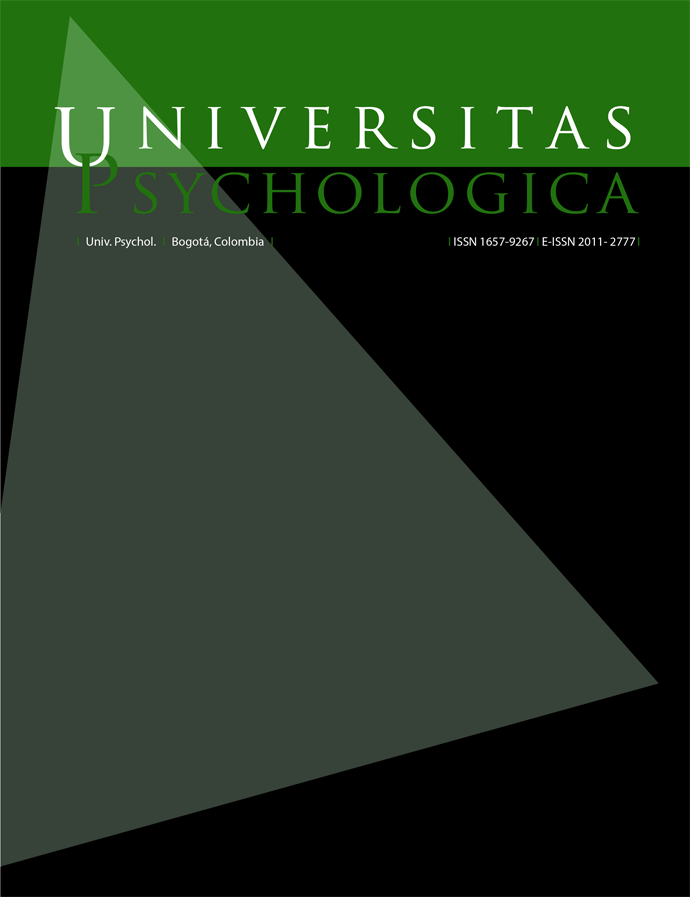Abstract
Recent studies have found that university students’ engagement in extracurricular activities (ECAs) influences their physical and mental development as well as their psychological health. Nevertheless, the internal psychological mechanism of this effect remains largely uninvestigated. This study examines the relationships between university students’ degree of engagement in ECAs, their humour styles, and their subjective well-being (SWB) to discern whether engagement in ECAs has a mediating effect on humour styles and SWB. Six hundred and forty university students engaging in ECAs were selected as the sample (men: 289, women: 351). The study had three main findings. First, regarding humour styles, women used affiliative humour significantly more often than men, whereas men tended to use more aggressive humour. Women had a higher level of SWB than men. Second, students’ engagement in ECAs was positively correlated with affiliative humour, overall SWB score, satisfaction with life, and positive affect. Third, students’ engagement in ECAs had a mediating effect on affiliative humour and SWB, indicating that students who used affiliative humour could enhance their individual SWB through engagement in ECAs. The findings of this study increase our understanding of the internal mechanism by which engagement in ECAs affects university students’ humour style and SWB.

This work is licensed under a Creative Commons Attribution 4.0 International License.
Copyright (c) 2025 Shih-Yuan Huang, Meng-Hua Tsai, Hsueh-Chih Chen, Hsiao-Feng Shih


